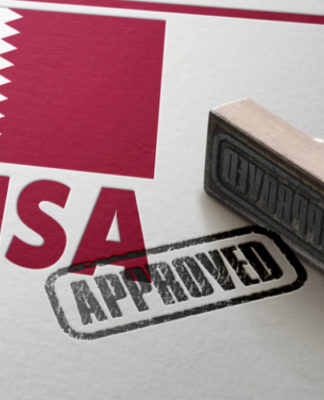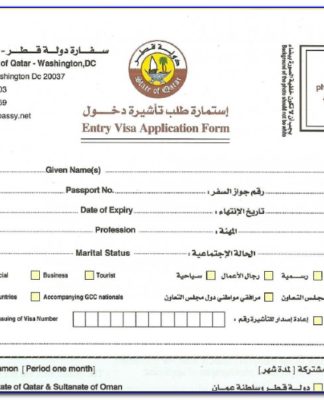Experts welcome France’s Covid-19 vaccine strategy – with caveats
Issued on:

As the UK launches the world’s first nationwide Covid-19 vaccination campaign, France has begun unveiling its own strategy. With the first phase set to begin next month, FRANCE 24 asked scientists for their opinions on the government’s plan.
Do not confuse haste with speed. This is the essence of the French government’s approach to its vaccine strategy. While Russia began administering its Sputnik V vaccine in 70 centres in Moscow last weekend and the United Kingdom launched its nationwide Covid-19 vaccination effort on Tuesday, France is only now beginning to unveil its own plan.
Professor Alain Fischer, a pediatric immunologist appointed by the government to lead France’s vaccine strategy, outlined his vision in the Journal de Dimanche French weekly on December 6: Vaccines will be administered in three phases beginning on January 4, 2021, and starting with the most vulnerable.
In line with the recommendations of the French National Authority for Health, some 1 million vaccines will be administered in January to nursing home residents and staff members at most risk of developing a serious form of the disease.
The campaign will then be extended in February to an estimated 14 million elderly citizens and people with underlying medical conditions.
The third and final phase of the campaign will begin in the spring of 2021, this time extending to the rest of the population.
Vaccines will be administered for free and will not be compulsory.
‘Good strategy’
“Giving priority to the elderly, the most vulnerable to the virus, is a good strategy,” said Professor Antoine Flahault, an epidemiologist and director of the Institute for Global Health at the Faculty of Medicine of the University of Geneva, in an interview with FRANCE 24. “Nevertheless, there are some objections to the strategy within the scientific community.”
The reluctance stems first of all from the issue of immunosenescence, or the gradual deterioration of the immune system, caused by ageing, Flahault explained. “The elderly have a weaker immune system so the vaccine may be less effective with them.”
Secondly, “it is more complicated to attribute the cause of an illness that might appear after the injection of the vaccine in these more vulnerable people, since they might already have, or are more likely to have, underlying medical conditions”, he said. “We, therefore, risk wrongly blaming the vaccine for certain pathologies.”
But these arguments are “specious”, the epidemiologist said. “Without the vaccine, the elderly who are hardest hit could die. Vaccines at this stage have shown their effectiveness, so these reasons are not enough to deprive the elderly of vaccines.”
Pauline Londeix, a researcher and co-founder of the Observatory for Transparency in Drug Policies, agrees. But she cites the lack of a strategy, to identify and fulfill citizens’ needs, not only in France but everywhere.
“Countries have all funded laboratories with millions without setting any conditions. Research establishments have all embarked on a frantic race, all in the same direction. It’s too bad, because we could have diversified the approaches according to the various populations and had different vaccines,” she said.
Certain vaccines are more effective in limiting transmission, a formula suitable for people who are more likely to be in frequent contact with others, such as doctors or teachers; others have proven to be more effective at limiting complications and are recommended for the elderly and vulnerable patients, Londeix explained. “But all the vaccines that are currently available are more or less alike. They all focus only on limiting the risks of Covid-19.”
‘Lack of coordination’
Londeix also deplored the lack of coordination among different sectors of civil society. “The government relied solely on the advice of doctors and manufacturers for determining vaccination centres. It should also have consulted with many other representatives of civil society, like elected officials, associations and sociologists, to better target the widest possible public and offer a more diversified path of distribution,” she said. This way, patients with chronic medical conditions could receive the vaccine during their regular doctor’s visit while more marginalised populations could turn to associations to get vaccinated.
In fact, the vaccine’s distribution “will depend above all on how France will receive its supplies”, Flahault explained.
In the UK the first deliveries came in batches of 1,000 vaccines, which meant they could only be administered in specialised centres since, once defrosted, the vaccines can only be stored for a limited period of time. Other vaccines require storage at -70° Celsius (-94° Fahrenheit). These, too, can only be distributed by specialised centres.
If the vaccines are delivered in single doses, it will be possible to get vaccinated at your general practitioner’s office or at the pharmacy, Flahaut explained. “This is the best mode of administration since it’s undertaken in confidence by one’s attending physician.”
There are still some gray areas. Scientists do not know how long the effect of the vaccine will last and no one knows yet if it will stop the spread of the virus.
Daily newsletterReceive essential international news every morning
“The government is presenting the vaccine as a miracle solution. But if transmission continues, we might still need to live with the virus,” Londeix said.
Flahault offered a more reassuring view: “The main thing is to protect the most vulnerable,” he said. “The virus may still circulate, but if the disease remains mild, there is no reason to worry.”
As for those who insist they do not want to get vaccinated, Flahault said they are free to refuse the vaccine.
“We shouldn’t force it on those who don’t want it. There are vulnerable people in some poor countries who will be very happy to benefit from those vaccines, since currently there aren’t enough to go around for all of humanity.”
This article has been translated from the original in French.














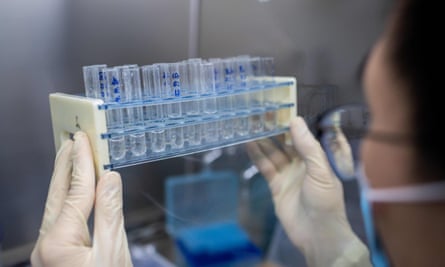

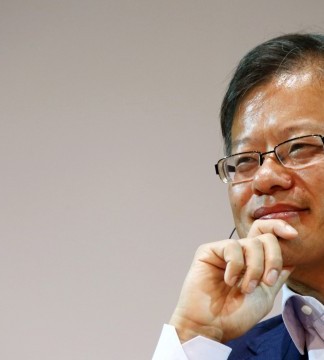


![How to get a Qatar Family Residence Visa? [ Updated ]2022](https://welcomeqatar.com/wp-content/uploads/2022/04/maxresdefault-2-324x400.jpg)
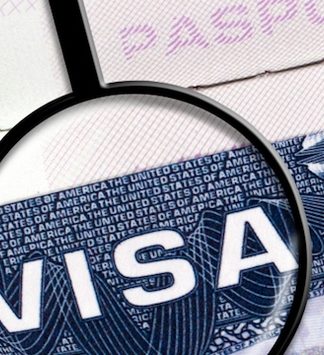



![Qatar Labor Law In 2020??? [UPDATES]](https://welcomeqatar.com/wp-content/uploads/2020/12/Qatar-Labor-Law-1-696x366-1-324x366.jpg)
